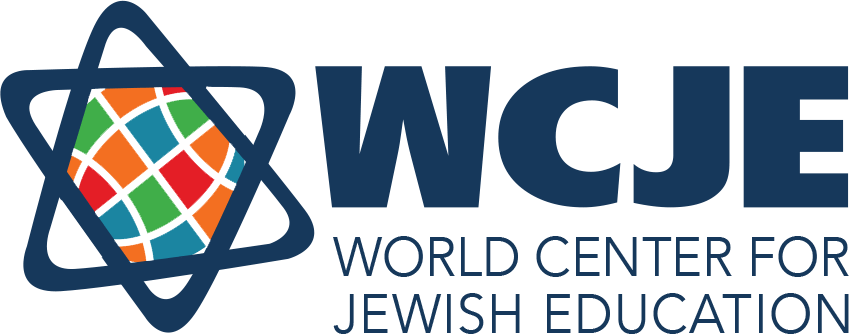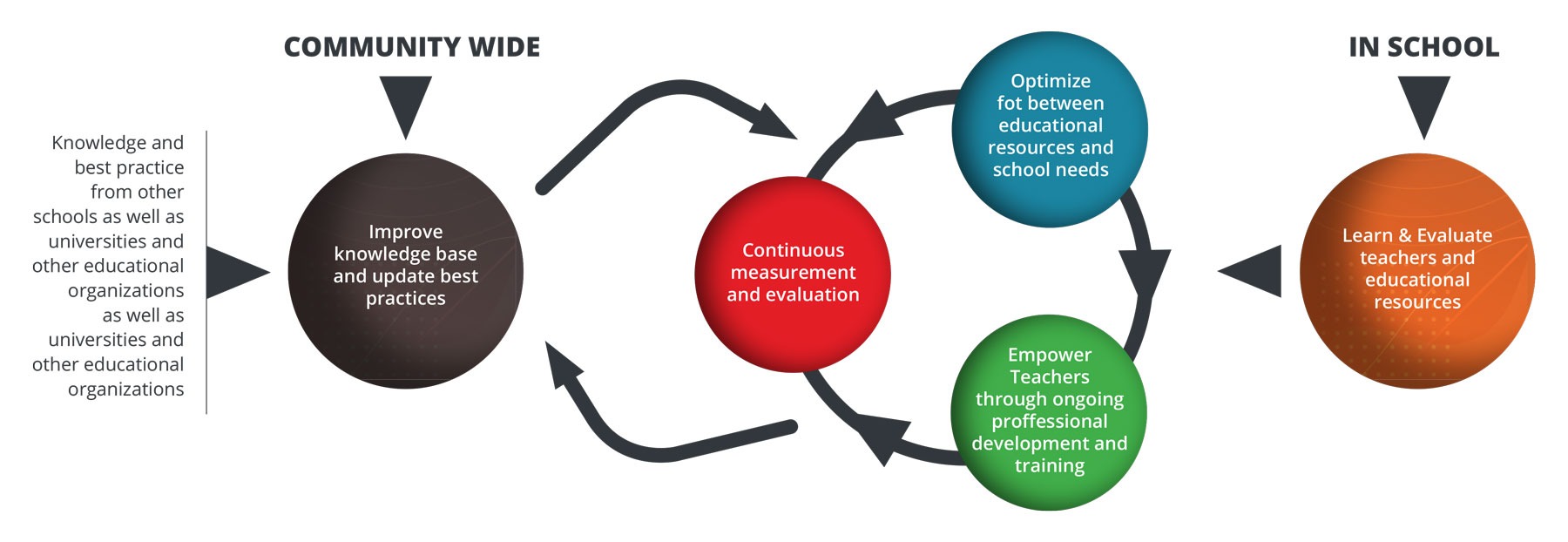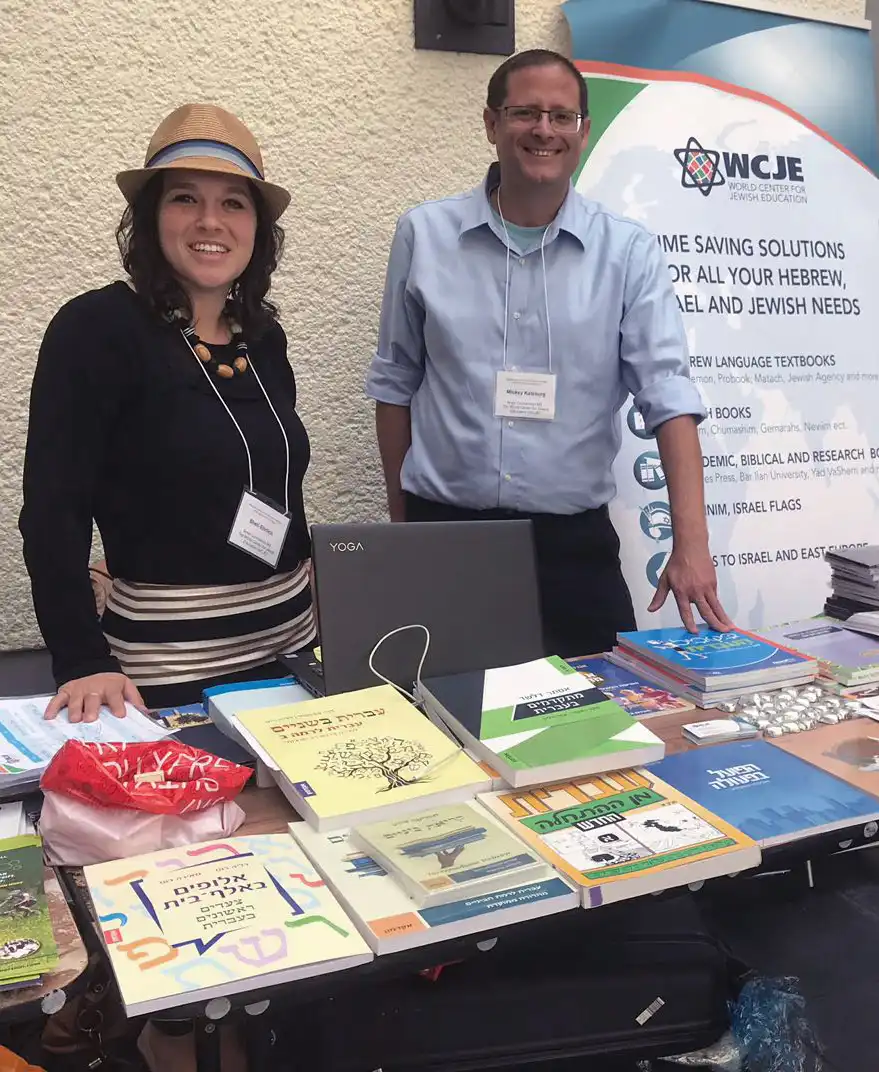World Center for Jewish Education
Inspiring Young Jews to Become Knowledgeable and Passionate Citizens of the Jewish World Through Effective Investment in Teachers and Transformation of the Jewish Educational Experience

World Center for Jewish Education
Inspiring Young Jews to Become Knowledgeable and Passionate Citizens of the Jewish World Through Effective Investment in Teachers and Transformation of the Jewish Educational Experience
Core Assumptions
JEWISH EDUCATION IS AT A CROSSROADS
Will significant numbers of young Jews ensure the vitality of the Jewish People or will many just drift away?
- Growing numbers of Jewish children and teens are becoming disconnected from their heritage.
- Jewish educational frameworks struggle to instill a deep appreciation for Jewish culture, tradition and the Jewish People.
- The pedagogical level of Judaic and Hebrew studies is falling below that of math, science and other languages.
- Parents increasingly question why they should invest in a Judaic studies/Hebrew curriculum, when it fails to meet the standards they have come to expect from secular subjects.
EMPOWERING TEACHERS IS THE KEY TO addressing this reality
An outstanding teacher turns classroom learning into a transformative experience, impacting the student far beyond the school’s walls. Nothing else can have this transformative effect.
- While there are advancements in educational technologies and resources, the teacher remains the most effective vehicle for change.
- The vast majority of Jewish teachers are passionate about education and committed to their students.
- With the right training and tools, every teacher can become an outstanding educator.
We are always seeking feedback and would greatly appreciate your thoughts. Please write them in the designated areas as you read along.
Approach
In line with the biblical maxim to “teach a youth according to their own path”, we know that no two teachers or students are alike. At WCJE, an educational non-profit, we combine a highly-personalized and empathetic approach to each teacher and school, with best practices from the worlds of entrepreneurship and data-based research.
While our vision is broad and strategic, we focus on practical steps. We integrate an in-depth and individualized analysis of each particular school, with insights based on data from a wide range of Jewish educational settings around the world. Our approach enables both an uncompromising commitment to the confidentiality of our relationship with each institution, and the application of lessons from years of experience working with different schools.
We work with each school to develop a proof of concept that quickly creates value, and that can be scaled across the institution. By focusing on the teacher, we can make a deep impact in a short time with reasonable costs.
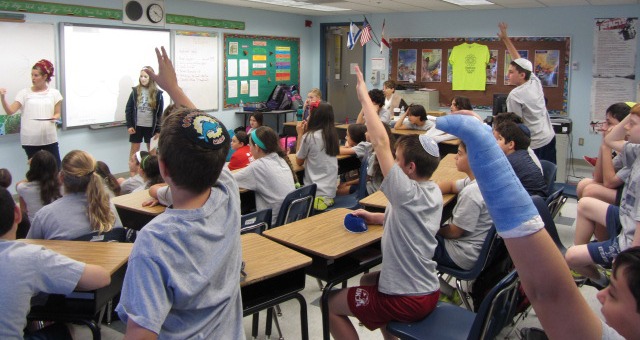
1-2-3 Strategy
[*click on the small arrow on the right side of the subtitle, to see more challenges and solutions]
1
Putting the Teacher First
Challenge: Many teachers have not had the opportunity to receive the professional training necessary to effectively employing new tools and develop as outstanding educators.
- Even the best teachers are always seeking to improve. Additionally, in many schools, Jewish and Hebrew instruction is carried out by teachers committed to education, but lacking formal training in either the subjects they teach or pedagogical best practices.
- Despite the ever-changing educational environment, these teachers do not have the opportunity for ongoing skills acquisition and professional development. Even the best educational materials are only as effective as those who employ them in the classroom. In numerous cases, schools purchase new resources, but are unable to provide sufficient training to teachers in how to use them, or to provide ongoing support throughout the school year.
- Even the best educational materials are only as effective as those who employ them in the classroom. In numerous cases, schools purchase new resources, but are unable to provide sufficient training to teachers in how to use them, or to provide ongoing support throughout the school year.
- Without the right tools and training, these teachers often do not realize their potential, and frequently leave the world of education after several years, leading to high turnover rates. Others take their place, and the cycle repeats itself.
- This unrealized potential represents a tremendous loss to schools and student, both on educational and financial levels.
Our Solution: Tailored pedagogical training, ongoing professional development and around-the-clock support, in order to ensure that every teacher reaches their full potential
- Through on-site training, webinars, courses, summer seminars and one-on-one coaching, we give every teacher the skills and support they need to become a superior educator.
- The first stage is often on-site training by our pedagogical experts prior to the start of the school year, in order to ensure that all members of the educational team are equipped to implement new materials and tools.
- This training imparts time-tested and research-based strategies for enhancing educational effectiveness, as well as training in evolving areas such as blended education, differentiated instruction, and student-driven learning.
- Following the initial training, we offer an ongoing process of professional development in both pedagogical skills and specific subject areas throughout the year, based on modular packages adapted to each school’s needs.
- This training includes school visits by in-country and visiting WCJE experts, webinars, online courses, one-on-one coaching, and seminars in Israel during school vacations. We match new teachers with experienced educators in their fields, who can support them on their journey towards pedagogical excellence.
2
Curriculum that encourages meaningful learning
Challenge: Educational materials used in schools are frequently outdated or ill-suited to the unique characteristics of the particular institution.
- Many schools are using curricula that fail to correspond to the learning strategies and interests of today’s students. These materials often do not meet the standards that students have become accustomed to in their general studies courses.
- Every school or region operates in isolation, as a separate pedagogical and economic unit, typically without the resources to review, identify or create the most appropriate materials for its needs.
- When schools do seek to acquire new curricula, they find it difficult to identify those that best fit their particular context, given the absence of professional and personalized guidance.
- The Jewish world today lacks an expert body focused on examining educational materials to ensure that they meet the highest standards.
Our Solution: A World Center with the expertise and experience to guide schools of every type in designing the curriculum that fits them best, while ensuring affordability.
- Our team of experts engages in a continuous analysis of the latest resources and tools produced by a broad range of bodies, in order to identify those that meet the highest pedagogical standards.
- We review both materials developed for Jewish communities around the world and those developed for the Israeli educational system which can be adapted for use outside of Israel.
- Our deep familiarity with the vast range of materials, and experience working with hundreds of schools, enables us to understand each school’s particular needs, and provide detailed guidance.
- Our expertise spans a broad range of subjects, from Judaic studies, Jewish history and culture, to Hebrew language, literature and modern-day Israel.
- Purchasing new materials can weigh heavily on day school budgets, which are already facing a tuition crisis. At the same time, there is an increasing demand from parents for diverse course offerings and differentiated instruction tailored to individual needs. We can increase affordability by pooling resources and leveraging the purchasing power of different schools with similar needs.
- In addition, blended and virtual learning can offer a solution to budgetary challenges. However, employing these learning methods requires careful selection of materials, and teachers trained in continuously-evolving educational strategies. We assist interested schools in moving toward blended educational models that produce savings as well as rewarding educational experiences.
3
The most successful, tested and proven methods
Challenge: Absence of Professional Measurement and Evaluation
- Jewish schools rarely carry out professional measurement and evaluation of the effectiveness of new resources introduced into the curriculum. This makes subsequent pedagogical decisions dependent on subjective impressions.
- In some cases, schools appear to be hesitant to introduce such methods due to concerns over the reaction of stakeholders, from the parent body to school boards, and due to competition over students.
- However, these fears prevent schools from being able to optimize the classroom experience.
- The ultimate result is a failure to realize the full potential of both teachers and educational resources, and consequently, a failure to engage and inspire students.
Our Solution: The WCJE is committed to employing professional measurement and evaluation in order to take Jewish education to a whole new level. Our methods enable you to put in place a process of continuous improvement, allowing you to maximize your school’s potential and educational outcomes.
- We use up-to-date professional methods to evaluate new resources produced by a broad range of content creators. Once new resources are introduced into a school, we work in full partnership with administrators to conduct studies and seek feedback from stakeholders in a cooperative and transparent atmosphere.
- This measurement and evaluation allows schools to make ongoing adjustments, fine-tune their pedagogical practices, reach their full potential, and create the best possible educational experience for their students.
- As part of its commitment to measurement, the WCJE also conducts regular cross-institution and cross-profession surveys in order to obtain deep insights from all relevant sources. This enables us to provide an updated map of the state-of-play in each subject area. It also allows us to provide data-based feedback to content creators, so that they can optimize their products based on user experience and needs.
Building a community of excellence
Our strategic goals include the creation of a community of diverse schools around the world, sharing knowledge and best practices while maintaining independence. This provides several important advantages:
1 Best Practices
Creating an international network of educational institutions allows us to identify schools with similar challenges and goals, and facilitate the sharing of best practices and experiences. This allows us to suggest a broad range of practices and resources that have already been proven to be highly-successful, while giving you the flexibility to choose those that best fit your educational vision and agenda.
2 Cost savings
Schools are able to leverage their position and pool resources vis a vis suppliers.
3 Collective investment in creating new resources that best fit needs
In cases where existent offerings do not meet needs, the WCJE can map schools with similar interests, and facilitate a process of collective investment in the creation of new materials.
Connect Today!
+1-718-785-4113
The WCJE’s hotline, staffed by our expert consultants in North America, South America, Europe and Israel, is available twenty-four hours a day to answers questions, provide guidance and address any pedagogical issue that may arise. We understand the busy schedules of teachers and administrators, and are committed to providing our educators with support around the clock.

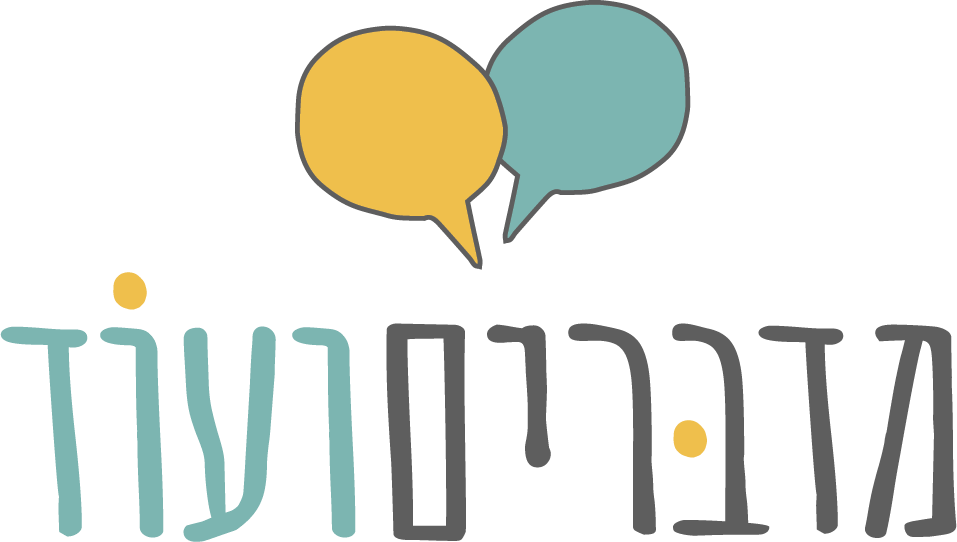

offers you expert online assistance in all things connected to the learning experience, and showcases educational materials from the leading publishers.
- Center for Pedagogical Resources- responsible for the ongoing review of educational materials, and a one-stop portal for educational resources. The Center is staffed by leading pedagogical experts responsible for analyzing materials and communicating with content providers in order to improve offerings.
- Center for Pedagogical Resources- responsible for the ongoing review of educational materials, and a one-stop portal for educational resources. The Center is staffed by leading pedagogical experts responsible for analyzing materials and communicating with content providers in order to improve offerings.
- Online sessions for educators (groups and individuals)
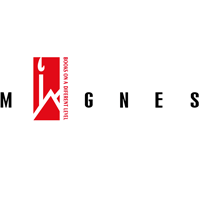
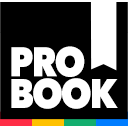
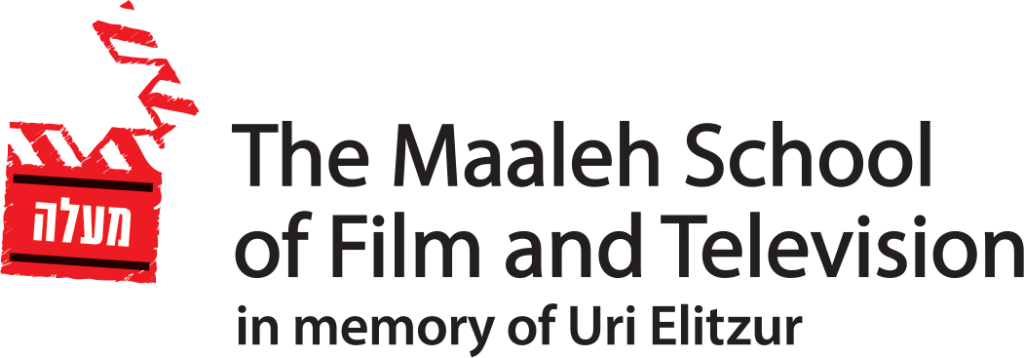
About us
The WCJE is an independent, non-governmental and non-denominational body and non-denominational organization. Our independence allows us to objectively evaluate and recommend materials from a diverse range of bodies.
The WCJE’s dedicated team has extensive experience in both formal and informal educational frameworks, including schools, supplemental education, adult education, camps and youth movements. Our expertise covers both the broad range of relevant subject areas and diverse types of educational settings, from traditional classrooms, to blended learning, to virtual and distance-learning. We are deeply passionate about the mission of transforming Jewish education and have dedicated our professional lives to this goal.
Our advisory board includes current and former day school principals and educators, professors from Israel and abroad, professionals with a diverse range of experience in governmental, formal and informal educational institutions, and experts in pedagogical evaluation.
Over the past twenty years, we have worked with over four hundred schools in fifteen countries to provide curricula that fit the unique needs of each school. Three years ago, we decided to sharpen our strategic focus after reaching the conclusion that providing the best educational resources was not enough to revitalize Jewish education. We realized that a broader teacher-centered revolution was necessary. Therefore, for the past 3 years, the WCJE has focused on empowering teachers, and giving them the pedagogical tools and training needed to succeed.
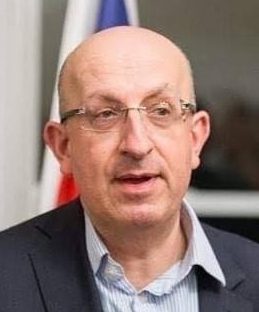
Michael Wegier
Senior Educational Consultant
Michael has a rich background in Jewish education, strategic leadership and fundraising. Raised in the UK, he was an active member of a Jewish Youth Movement and also attended Jewish day schools. Shortly after completing a BA in Jewish History and Hebrew Literature, Michael made Aliya and embarked on a career in Jewish education. His previous roles include Director of Jewish Education at the Baltimore JCC, Executive Director of Melitz in Jerusalem and most recently, as the Chief Executive of UJIA (UK). Michael has an MA in Contemporary Jewry from the Hebrew University and is a graduate of the Mandel Jerusalem Fellows.
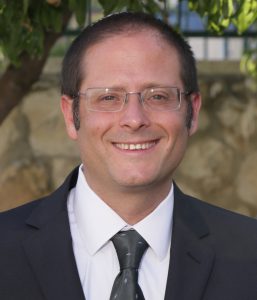
Mickey Katzburg
CEO
The WCJE is led by Mickey Katzburg, an educational innovator and entrepreneur with over twenty years of experience. For the past two decades, Mickey has worked with hundreds of educational institutions in Israel and abroad. His experience includes the establishment of a successful pedagogical resource center, the creation of Hebrew-language Ulpan programs, consultancy to one of Israel’s leading professional development companies, work with hundreds of youth groups from around the world on Israel Experience programs and educational tours, and service as a shaliach at Yeshiva University High School of Los Angeles and the Simon Wiesenthal Center.
A Commitment to Collaboration
To achieve our goals, the WCJE works in close cooperation with dozens of educational and cultural bodies that specialize in developing curricula on relevant topics, including Academon Books (the Hebrew University academic publishing house), CET—the Center for Educational Technology, TALI, Bonayich, Maaleh Film School and many others.
We are proud to partner with The Hirsch Foundation, which was established by Hedy Hirsch in memory of her family members who perished in the Holocaust. The Foundation’s objectives include deepening Jewish identity and enriching educational content for students of all ages, teachers, administrators, and academics around the world. The Hirsch Foundation supports formal and informal educational projects, and engages in preparing content, publishing books, and availing the content to learners in a variety of languages. From 2018, the Foundation has subsidized the cost of delivering educational resources to schools around the world, helping to defray one of the significant costs related to the acquisition of pedagogical materials.
